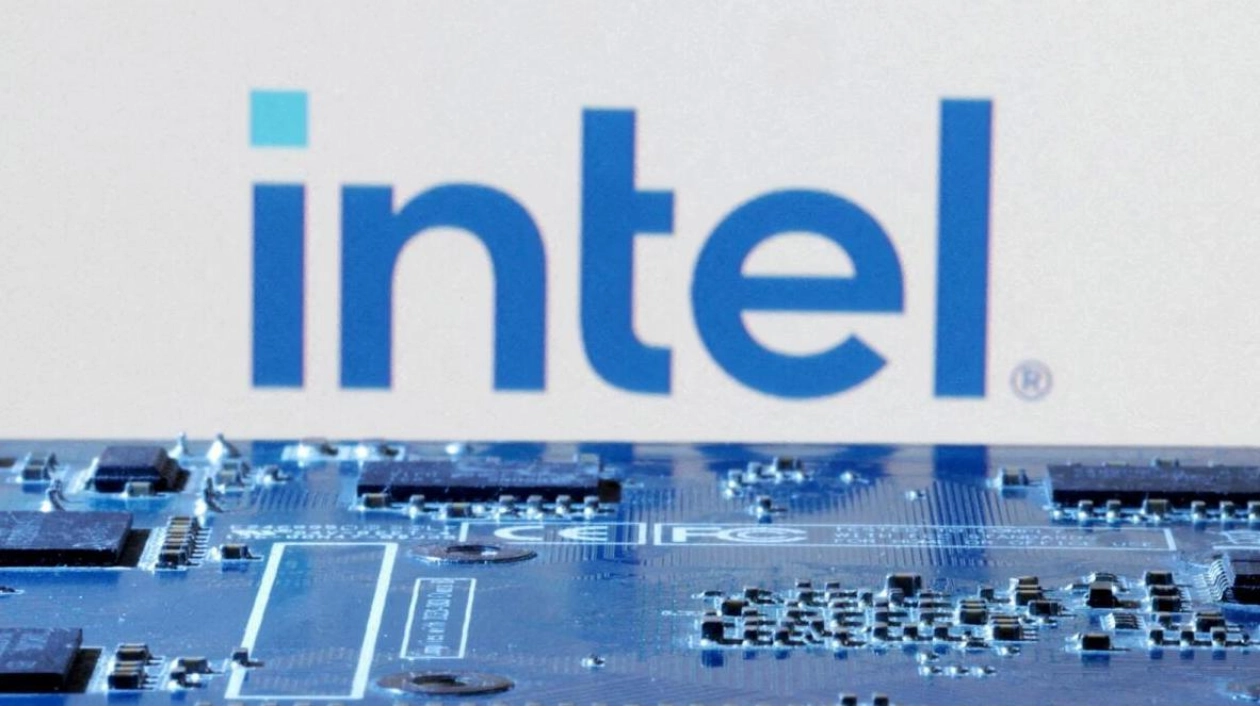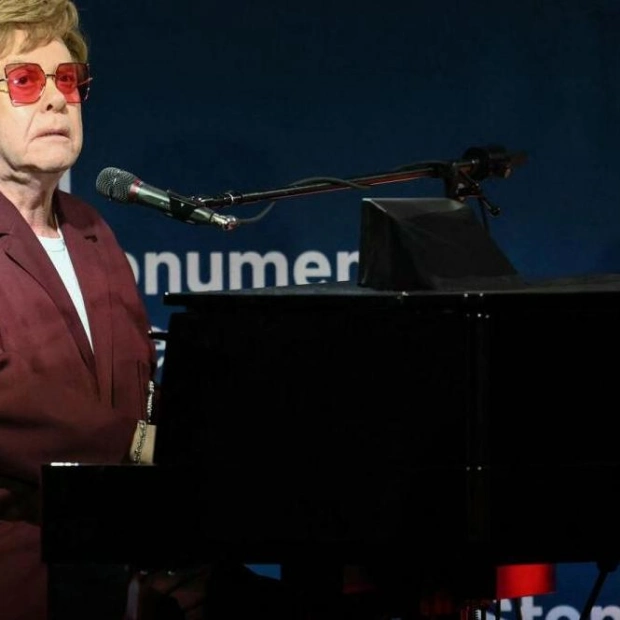Intel was among the first two tech companies to join the Dow Jones Industrial Average during the 1999 dot-com boom, alongside Microsoft. However, a recent slump in its share price could jeopardize the American chipmaker's position in the blue-chip index.
Analysts and investors predict that Intel may be removed from the Dow, citing a nearly 60% drop in the company's shares this year, making it the poorest performer on the index and leaving it with the lowest stock price in the price-weighted Dow.
Such a removal would further tarnish Intel's already damaged reputation. The company missed the artificial intelligence boom after declining an investment in OpenAI, and its contract manufacturing unit, which was intended to challenge TSMC, is facing mounting losses.
To finance a recovery, Intel halted dividends and announced layoffs affecting 15% of its workforce during its latest earnings report. Yet, some analysts and a former board member think these measures might be insufficient and too late.
"Intel's potential removal has been anticipated for a long time," stated Ryan Detrick, chief market strategist at the Carson Group. Detrick added that the recent results might be the decisive factor for Intel's removal from the Dow.
S&P Dow Jones Indices, which oversees the Dow, did not comment on whether Intel could be removed from the index. Adjustments to the index are made as necessary, with the last update in February when Amazon.com replaced the struggling pharmacy chain Walgreens Boots Alliance.
Stock price is crucial for inclusion in the Dow, unlike the S&P 500, which considers market value. The Dow's selection committee checks if the highest-priced stock in the index is more than 10 times the price of the lowest. Currently, UnitedHealth Group, the highest weighted stock, is priced about 29 times higher than Intel.
Intel is also the least influential member of the index, with a mere 0.32% weight based on its closing price of $20.13 on August 29. While the main impact would be on Intel's reputation, exclusion would further depress its shares, which have fallen over 70% from their record high in August 2000, bringing the chipmaker's market value below $100 billion for the first time in 30 years.
WHO COULD REPLACE INTEL? According to Ryuta Makino, research analyst at Intel investor Gabelli Funds, Nvidia could take Intel's place on the Dow. Nvidia's shares have surged over 160% this year, making it one of the world's most valuable firms due to its crucial role in powering generative AI. A May stock split also increased its chances of inclusion.
However, some investors believe Nvidia might be too volatile for the Dow, which typically favors more stable stocks. Another option could be Texas Instruments, a nearly century-old chipmaker with significant U.S. production capacity, suggested by Daniel Morgan, senior portfolio manager at Synovus Trust, which holds shares in Intel.
Texas Instruments' shares have risen over 20% this year to $211.09 as of Thursday, closer to the Dow constituents' average price of about $209. In case of removal, a stock with a price closer to the average of the current list might be preferred as a replacement, according to David Blitzer, former chair of the S&P Dow Jones Indices' Index Committee.






